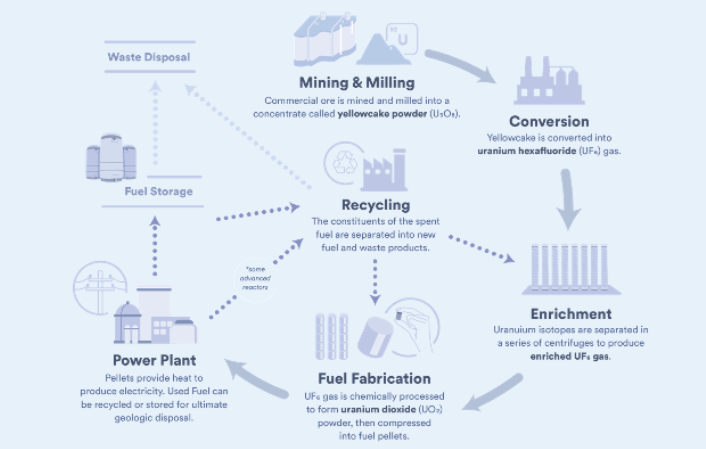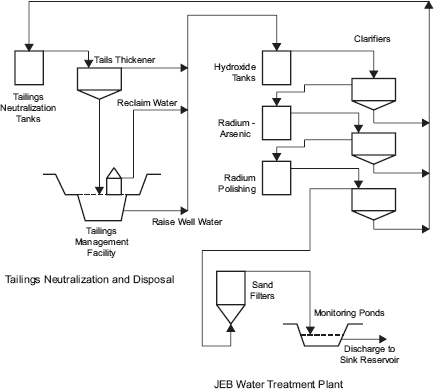Positive Impacts Of The Extractive Sector On The Government

The Extractive Sector is very important to the growth of society when it comes to developing natural resources.
But, it can have both good and bad effects on governments and the people they affect.
This piece from Zik Natural Resources talks about the different ways that the extractive sector affects the government and what that means for the growth of society.
Positive Impacts Of The Extractive Sector On The Government
The extractive sector plays a crucial role in generating revenue for the government, benefiting both the national economy and the overall development of the country.
- One of the primary ways in which the extractive sector positively impacts the government is through taxation.
These taxes contribute significantly to the government’s revenue, allowing it to fund essential public services and infrastructure projects.
- Secondly, an extractive sector often enters into agreements with the government, such as profit-sharing or production-sharing agreements.
This revenue can be used to support various sectors, including healthcare, education, and social welfare programs, ultimately improving the overall well-being of the population.
- Thirdly, the extractive sector also contributes to the government’s revenue through royalties.
These funds can be earmarked for specific purposes, such as environmental conservation or community development initiatives.
Subscribe to www.zikresources.com for more value-filled content on Natural Resources.
Negative Impacts Of The Extractive Sector On The Government
While the extractive sector brings in substantial revenue for the government, it is not without its negative impacts.
- One big problem is that the prices of resources change all the time. The extractive sector depends a lot on the prices of commodities around the world, which can change quickly and without any notice. When values drop, the extractive sector can bring in a lot less money for the government. This can cause budget gaps and make the economy less stable.
This change makes it clear that the government’s funds need to be diversified and planned for the long term to lessen the bad effects.
- Secondly, the negative impact of the extractive sector on the government is the potential for corruption and mismanagement. The extractive industry often involves significant sums of money, making it open to corruption and embezzlement.
Unfortunately, if there aren’t adequate control and openness measures in place, the money made from extracting resources might not go where it’s supposed to, which would slow down progress and make social problems worse.
Share this useful information from www.zikresources.com on your social media platforms
The Role of Government Regulations in Mitigating Negative Impacts On Extractive Sector
Government regulations play a crucial role in mitigating the negative impacts of the extractive sector and ensuring that resource extraction is conducted responsibly and sustainably.
- One of the key regulatory tools is the issuance of licenses and permits. Governments can impose strict criteria for obtaining these licenses, ensuring that only environmentally and socially responsible companies are granted permission to extract resources.
- Governments can enforce environmental standards and require companies to conduct environmental impact assessments before commencing extraction activities. These assessments help identify potential environmental risks and develop mitigation measures to minimize negative impacts.
- Governments can also establish monitoring systems to ensure ongoing compliance with environmental regulations.
- Government regulations are the establishment of frameworks for revenue management and transparency. By requiring extractive companies to disclose their payments to the government, governments can prevent corruption and ensure that funds generated from resource extraction are used for the benefit of the population. These regulations can also promote accountability and public participation in decision-making processes related to the extractive sector.
Overall, the extractive sector’s positive impact on the government’s finances cannot be overstated, as it provides the necessary resources to drive economic growth and social progress.
By creating a conducive regulatory environment, governments can strike a balance between economic development and environmental and social sustainability. This shows Extractive Sector is very important
Ensure to BUY a copy of “Sustainable extractive sector management” for more detailed information from www.zikresources.com







